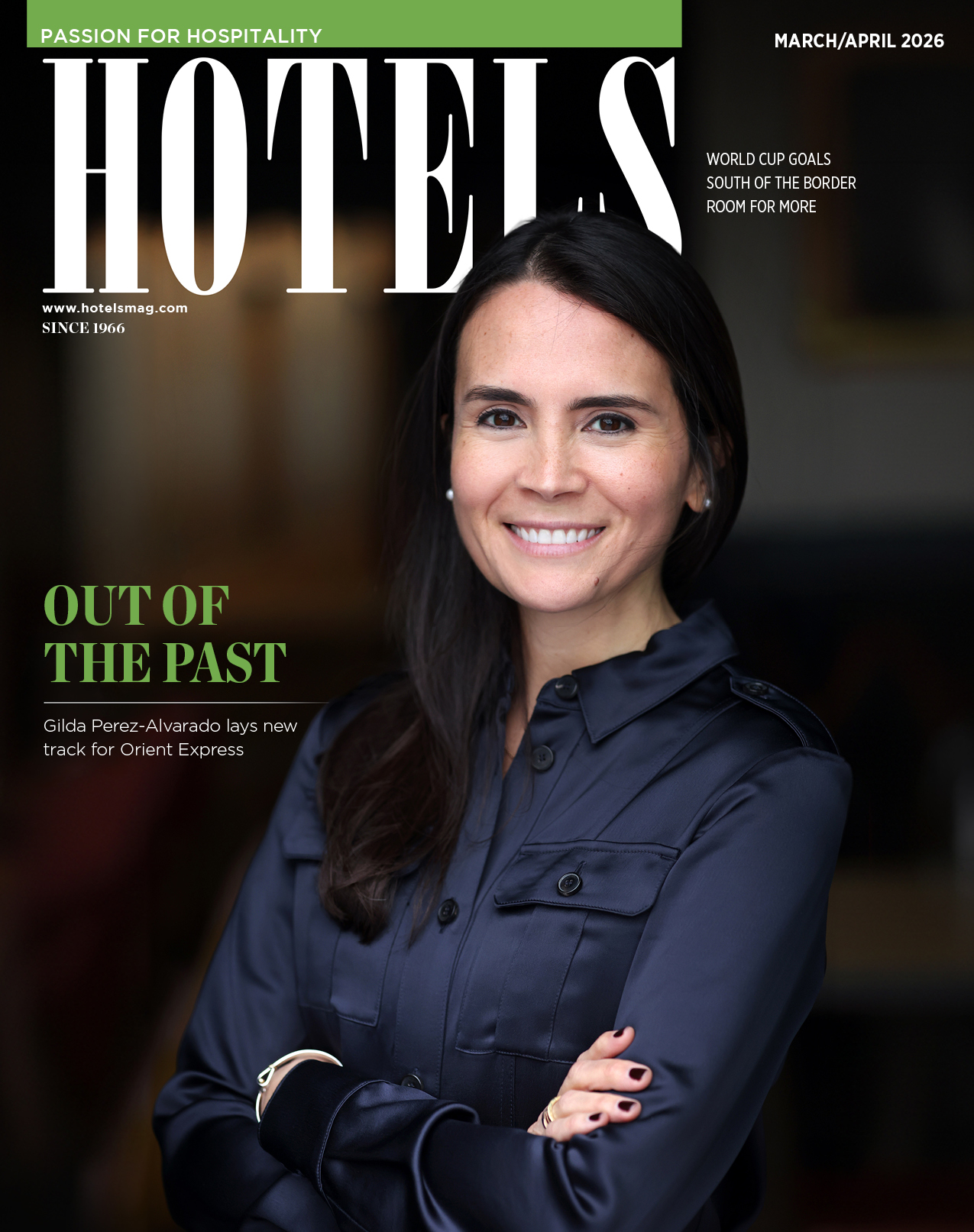News
Out of the past: Gilda Perez-Alvarado drives Orient Express down the track
The late-day sun sinking behind the San Gabriel Mountains is no match for Gilda Perez-Alvarado: steely-eyed, as shafts of light creep through the blinds of a guestroom window on a…


